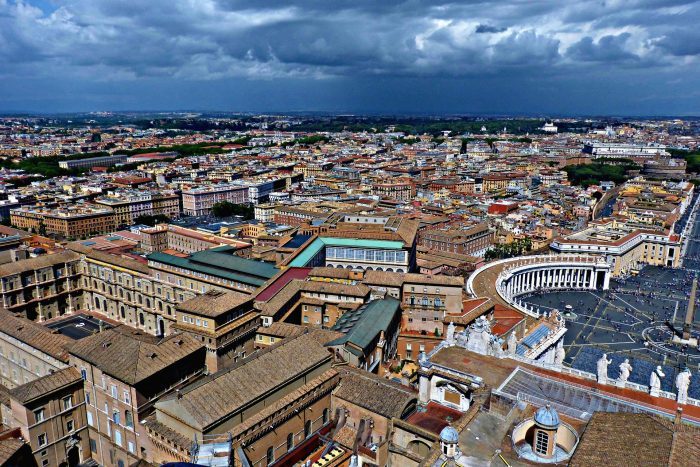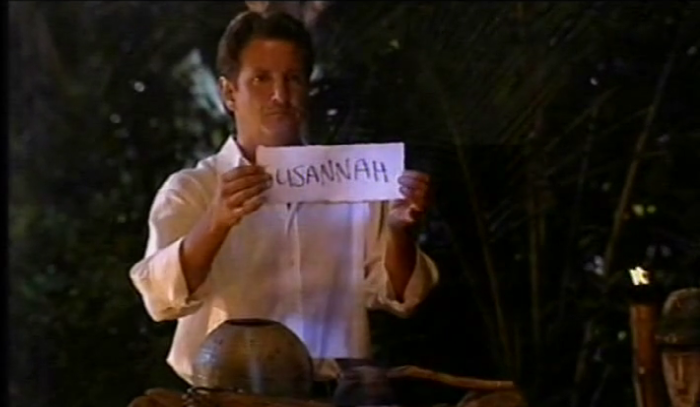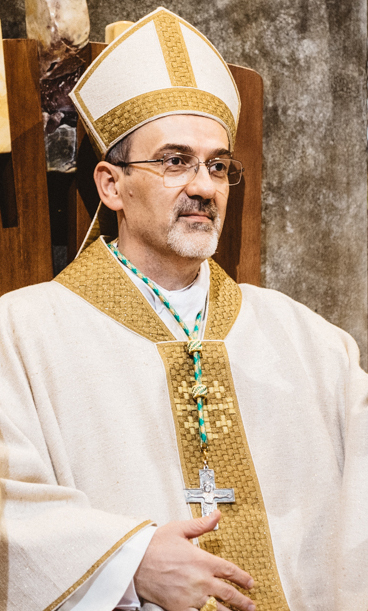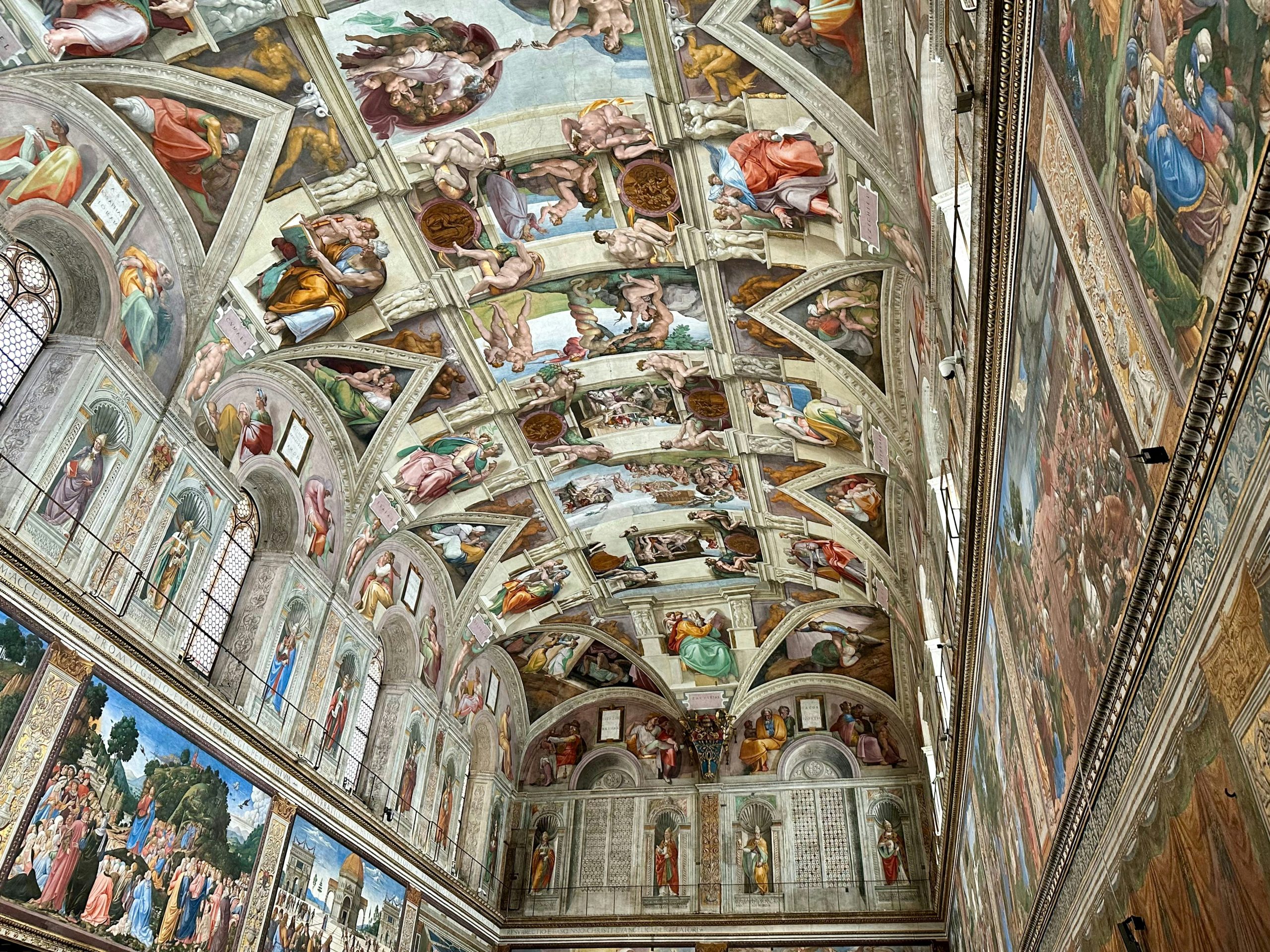The saying within the Catholic Church for predicting the result of a conclave is that “one who goes in as Pope comes out as a Cardinal” – the previous papabile (favourite) candidates are usually the ones leaving disappointed.
Getting to the top job is a difficult process and, as the recent success of the film Conclave, which dramatises the process, has shown, requires a heavy amount of politicking. Any man baptised Catholic is eligible, though it has been almost 650 years since the Cardinals picked someone who was not one of their own.
In an interview last week, which will be published in the next print edition of York Vision, the University’s Catholic chaplain, Father Richard Duffield, told me: “My suspicion is that it will be a long conclave.
“The cardinals don’t know each other very well, and they need time to get to know each other, and a lot of the cardinals come from dioceses where they will not have had much relevant experience in order to take on the task of being Pope.
“You have to have been a bishop of a very big diocese or run a major Vatican department. Because Pope Francis rightly, I’d rather say, appointed cardinals who didn’t come from the margins, but therefore, by definition, didn’t have that experience. That means they will take time to get to know where the talent lies.”
Who will be voting?

There are 133 eligible Cardinals, and the Vatican has confirmed that they all arrived successfully. Three voting Cardinals are British: Arthur Roche, the head of liturgy at the Vatican; Vincent Nicholls, the Archbishop of Westminster; and Timothy Radcliffe, an academic and theologian. Of the latter, Fr Duffield says: “He’s a polymath. He’s a linguist. He’s a man to whom people listen, but I don’t expect him to be elected. I would say he’s a Pope-maker, but he won’t be Pope.”
Cardinals who are over the age of 80 may speak but cannot vote, which rules out Cardinal Fitzgerald.
“He was a missionary and was the Pope’s ambassador in Egypt for a long time. He’s an expert on the Arab World. He’ll have an influence in the pre-conclave discussions, especially about Israel, Gaza and all that.”
The first vote is largely indicative. “The first night,” Fr Duffield says, “there’s one ballot, and that’s usually an indicative vote. Nobody expects anything to come of it. Some Cardinals would vote for people, not because they especially want them, but because they think that somebody ought to have the honour of getting a vote.”
“You get a picture of the spectrum of views, and then in the succeeding days, you have two ballots in the morning and two ballots in the evening. In what I suspect will be a long conclave – I may be wrong – it may be that a candidate will emerge before they even go into the Sistine Chapel, in which case they’ll make the decision quite quickly. But my guess is that won’t happen this time. In which case, the first few rounds might be spent not choosing in the individual vote, but eliminating other people. Because elections don’t only choose people, they eliminate people.”
To be elected, one candidate must get two-thirds of the votes plus one. “If somebody, whom one group of Cardinals does not like, looks like they might come close to that,” says Fr Duffield, “they would start making sure that person couldn’t make the two-thirds, in which case the whole thing would change. Then they’d have to find compromises.”
“That’s where it gets hard to predict. See, there are candidates one reads a lot about in the press, like Cardinal Parolin and Cardinal Taglia of the Philippines, who are papabile, but you know the expression: the one that goes into the conclave as a pope comes out as a cardinal. One of those candidates might be elected, but it’s quite likely also that they will also be eliminated.”
How will the vote work?

Each Cardinal votes by writing their candidate’s name on a slip of paper and putting it into a bronze urn. These are then shoved into the furnace, and a piece of smoke will be emitted: white if a decision has been reached, and black if they need more time.
Aside from this process, Fr Duffield says there are newer, technological dangers. The voting Cardinals are cut off from the outside world.
“My guess is somebody will be fighting for a mobile phone this time.
“Because, in a way, this is the first conclave where there’s been such saturation, social media coverage. Ten years ago, there wasn’t as much as there is now. But I think it’s anybody’s guess who the compromises will be. Cardinal Paladin could be that candidate, I think. But a lot of people disapprove of his policy towards China. And that could go against him.
“They’ll also be looking at age – not too young and not too old, though some cardinals do vote on that, others not so much. Somewhere between the late sixties and mid-seventies.”

I asked whether, in an era of global instability and potentially adversarial figures in the White House and the Kremlin, a candidate like Cardinal Erdő of Hungary could be a good prospect.
“What they will remember”, he says, “is that the US presidency only lasts four years. That may not be playing on their minds.”
“If they are thinking of global instability, the wonderfully-named Cardinal Pierbattista Pizzaballa might be a good option,” he suggested. He’s very “conversant” in the Holy Lands, having been the Latin Patriarch of Jerusalem since 2020.
I eventually asked Fr Richard if he would ever fancy the top job. The response: “No!”
The conclave starts at 16:30 on Thursday 7 May.
